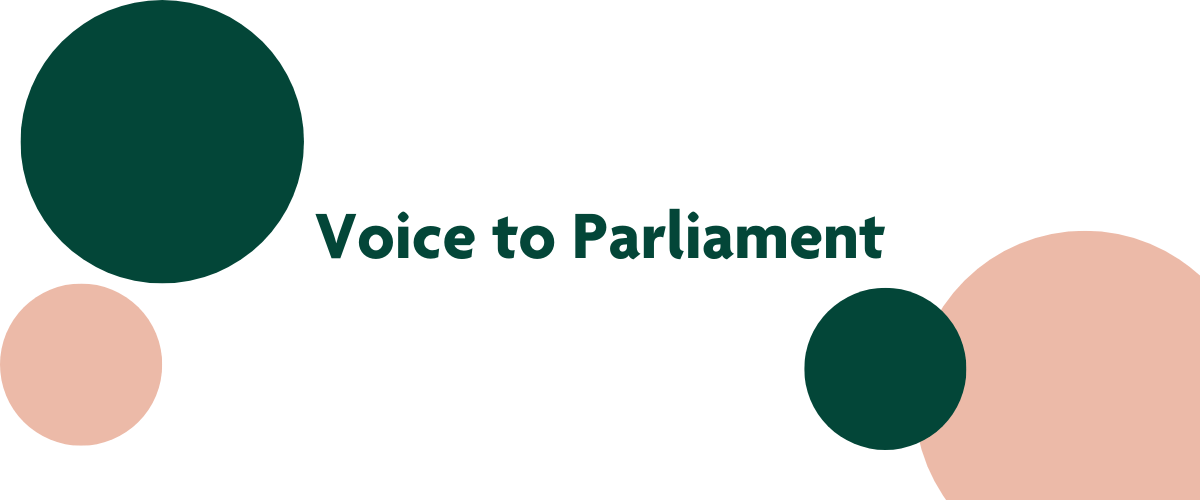Two key generational factors are acting on today’s workforce that heighten the importance of developing and transferring in-house expertise and knowledge:
- Baby-boomers, who often hold key senior positions, have a lifetime of working experience and are exiting the workforce at increasing rates as retirement calls, and
- Gen Y’s, and soon Gen Z’s (or post-millenials), who may move between many careers and organisations over a lifetime.
Cube Group has had the privilege of supporting several public sector organisations to develop frameworks and tools for retaining organisational knowledge, also known as, institutional or in-house memory. One client stating that:
“developing and transferring in-house expert knowledge and skills is critically important to ensuring that we have the capability to operate effectively now and into future”
Organisational knowledge can be classified into two types: explicit and tacit. Explicit knowledge can be captured and transferred via documents or databases. Tacit knowledge is accumulated through experience, personal skills and understanding; it informs judgment and intuition and is trickier to transfer. And it is the departure of tacit knowledge that heightens risk for many organisations.
Be proactive or risk a heavy price later
No organisation is immune to attrition whether it is by the oldest or the youngest members of the workforce – and it is a key knowledge loss event. So a proactive approach to retaining organisational knowledge helps to ensure that when it does happen, critical experience and skills don’t depart before you’ve had the opportunity to capture and transfer that knowledge. And by extension, a mass extinction event of in-house knowledge – which may be caused by an organisational restructure or a change in leadership – can have unintended knowledge and skill loss consequences.
Supporting and enabling organisational knowledge transfer and retention
A range of programs can work together to support the transfer of organisational knowledge. Many are familiar to us already as traditional elements of professional development practice, and are worthy of renewed attention from a knowledge retention perspective. These include:
- more formalised activities such as mentoring programs, lessons management programs, and creating on-the-job coaching opportunities (whether one:one or one:many) to assist with knowledge transfer between all involved,
- enhancing the role of trainers and assessors to include identifying talent, not just skills, but also the right attitude and aptitude, during training sessions – this will help to identify and engage with promising future stars of your organisation,
- more frequent and regular shots of feedback rather than waiting until the annual review process after the feedback detail has been diluted by time. This may involve introducing performance evaluations following an exercise or project activity as an opportunity to transfer knowledge and develop skills,
- identifying ‘champions’ across the organisation who will foster knowledge transfer programs and culture, and
- considering enhancing your induction process as a key opportunity to share knowledge within your organisation.
Creating a culture of knowledge transfer works best when it hooks into your existing workforce programs.
Think about this first …
Before you commence, it may help to focus your knowledge transfer ‘energy’ by identifying critical roles or staff with critical skills where their unplanned departure would provide you with organisational pain. Also consider your current ‘face to face’ touch points with the additional purpose of ‘can we build the potential for sharing knowledge?’ and this works both up the chain as well as down. Ideally, every day at work is an opportunity for learning, and a culture of encouraging these knowledge transfer opportunities will help tremendously.
This will reduce the risk of loss of critical knowledge from your organisation, and has the added benefits of lifting the overall capability of your workforce, connecting staff with each other and improving the workplace culture.
We’d love to hear from about your own experiences or challenges with retaining and transferring organisational knowledge. Leave a comment below or get in touch.







